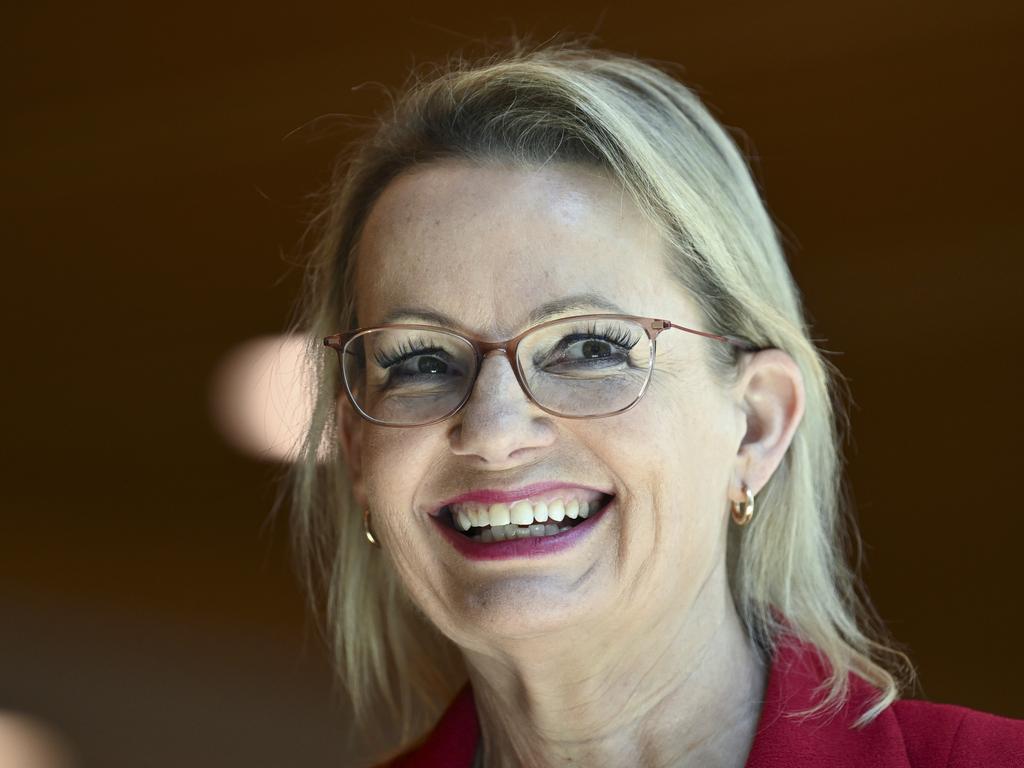
Many journalists have been predicting the end of the Coalition since its May 3 election loss.
Yet it’s a story that’s been written in previous decades by left-leaning hacks: during the Howard-Peacock-Howard period of opposition in the 1980s and ’90s when Labor led under Bob Hawke and Paul Keating, and again after Kevin Rudd’s federal Labor win in November 2007.
To survive this time the Coalition will need to learn the lessons set out in the excellent review into its disastrous 2022 loss by Scott Morrison to Anthony Albanese. That review was ignored by former opposition leader Peter Dutton.
The Coalition campaign this year was too light on policy and too quick to emulate every Labor announcement. Why flick Albanese if Dutton was just following Labor’s script?
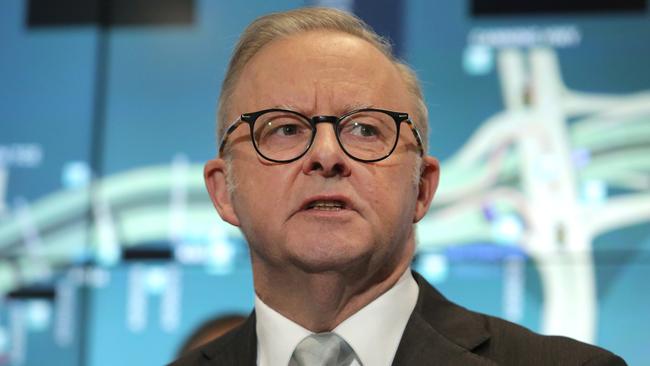
The 2022 review by former party director Brian Loughnane and former Liberal frontbencher Jane Hume argued the Coalition was becoming a party for baby boomers, it needed to target more women and young voters, and had to preselect more and better female candidates.
Last month, its vote was concentrated in men over 55.
The Coalition in 2022 lost nearly all its inner metropolitan seats: six to Labor, five to the teals and one to the Greens.
It held only three of the top 30 seats nationally for professional women.
Its only positive in metropolitan Australia on May 3 was the win by Tim Wilson over teal incumbent Zoe Daniel in Melbourne’s Goldstein.
It won only four seats in greater Sydney, none in Adelaide and one – Andrew Hastie’s – in Perth.
John Howard in his 2023 book A Sense of Balance criticised Morrison for his 2020 attack on former Australia Post CEO Christine Holgate. Howard told this newspaper’s Troy Bramston in August 2022 that Morrison’s political management “was often defective”.
Howard was withering about the rise of factional warlords in the party, especially in NSW where some seats were without an endorsed candidate only weeks before the 2022 election. The NSW division last year failed to nominate candidates for council elections statewide.
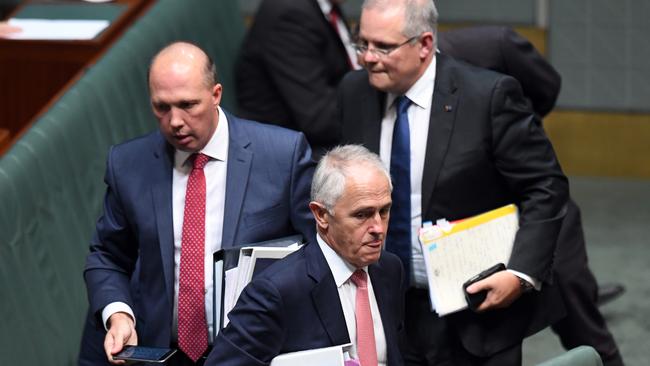
All true but for this column’s money the biggest problem on the conservative side is a lack of political nous since Malcolm Turnbull won the leadership in 2015.
Turnbull, the ABC’s go-to conservative for criticism of the Coalition, lost 14 seats in a flat, eight-week 2016 campaign.
Turnbull did face an outrageous Mediscare campaign. Texts sent to millions of Australians claimed the Coalition wanted to privatise Medicare, as if any business would want to own it.
Turnbull failed to call out the scare until after the poll. That taught the Coalition nothing.
Dutton failed to counter his own Mediscare campaign this year when Labor linked health cuts that were never contemplated to the Coalition’s “$600bn nuclear power plan” which was never going to cost that much.
The Coalition’s leadership should have workshopped in advance the possibility of a second Labor attack on Medicare, given Labor had already been alleging Dutton cut federal spending as health minister. He did not.
This column argued on March 17, 2024, that Dutton’s nuclear plan was a political time bomb, even if nuclear was sensible policy. That piece reckoned the Coalition might drop the policy before polling day. Given the opposition’s wider failure to prosecute a detailed pro-nuclear strategy, it probably should have.
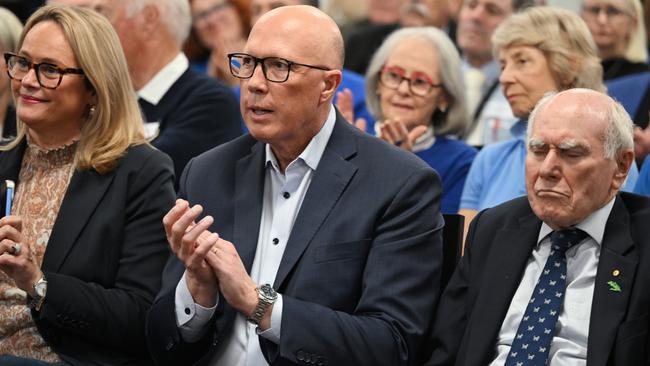
It should at minimum have run ads attacking Labor’s Medicare and nuclear costing lies. Instead, it ran dead, even though polling showed young voters were open-minded on nuclear.
Labor’s national secretary, Paul Erickson, was not timid about negative ads. Speaking at the National Press Club on May 21, he credited “a lethal ad campaign” dragging down Dutton for Labor’s landslide.
Erickson also criticised the Coalition for withholding policy detail until far too late in the campaign.
Dutton was not the first to make the mistake of letting his political opponent define him. Morrison was just as passive after his miracle one-seat win in 2019 against Labor’s Bill Shorten.
Rather than stand up as PM against false media allegations about sexual misbehaviour in his government, he foolishly fed into a story about a couple of junior staffers.
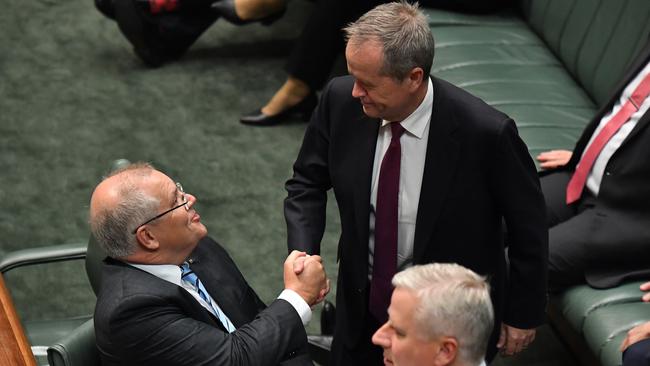
In hindsight, it would have been better for the conservatives had Shorten won in 2019, forcing Labor to deal with the Covid pandemic and then to fight a Covid-induced global inflation breakout in the middle of Shorten’s planned $300bn expansion of federal outlays.
While polling last year showed Dutton was damaging Albanese, voters on election day had clear reservations about Dutton’s character and leadership style. That’s unsurprising.
On August 27, 2018, after Dutton’s two failed challenges against Turnbull who eventually lost to Morrison, this column wrote: “Even if Dutton could have lifted the Coalition vote in Queensland … what damage would he have done (to the Coalition vote) in NSW, Victoria and South Australia.”
The Australian’s editor-at-large, Paul Kelly, on May 7 wrote: “The lesson of election 2025 is that the public will endorse a lacklustre Labor government if the alternative is weak and unconvincing. The Liberals cannot win on Labor’s mistakes; they need to win on their values and policies.”
The conservatives were expert at criticism but lacked “the language and cultural ability to explain … their values to fellow Australians”.
This fits with Howard’s mantra: good politicians need strong advocacy skills.
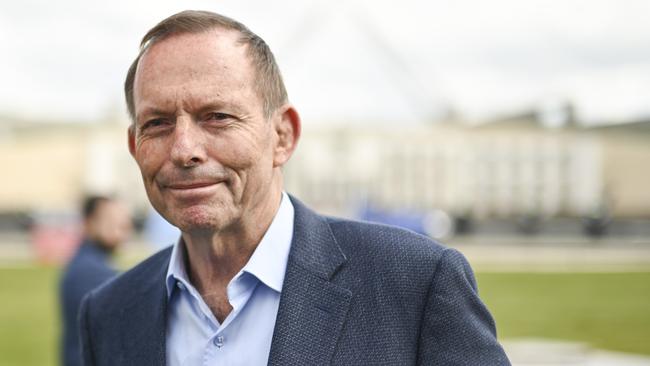
No Coalition leader since Tony Abbott has had the ability to engage voters, but Abbott had the advantage of the Rudd-Gillard-Rudd leadership instability.
It’s less about moving left or right than having a clear message voters can support.
This requires an underlying philosophy Coalition progressives and conservatives can sign up to. In Howard’s time, it was aspiration and personal choice.
Hence policies that supported decisions by stay-at-home mums with family tax benefit Part B or encouraged young families into inexpensive non-government schools.
Can readers point to the underlying philosophies of Turnbull, Morrison and Dutton?
For the party of small business and the family, policies to appeal to middle Australia’s hopes and dreams are the place to start. And the Coalition needs to be as sharp as Labor on negative ads. Think Abbott’s “Kevin O’Lemon” ads from 2010.
Liberals should see new Australians, especially Chinese and Indian migrants, as natural constituents. Many are in small business and believe in reward for hard work rather than government redistribution.
It should always champion lower taxes. Dutton went to the election with higher taxes.
On climate, the Coalition needs to be smarter. Voters, especially wealthy ones who get all their news from the Nine-owned newspapers and the ABC, will not oppose Albanese’s policies until power prices soar further and it becomes clear the rest of the world is walking away from net zero.
For those sure that Labor has another six years, remember the Queensland election of Annastacia Palaszczuk in 2015. She went from seven of 89 seats to 44 seats and the support of independent Peter Wellington to form government after one term in opposition.



